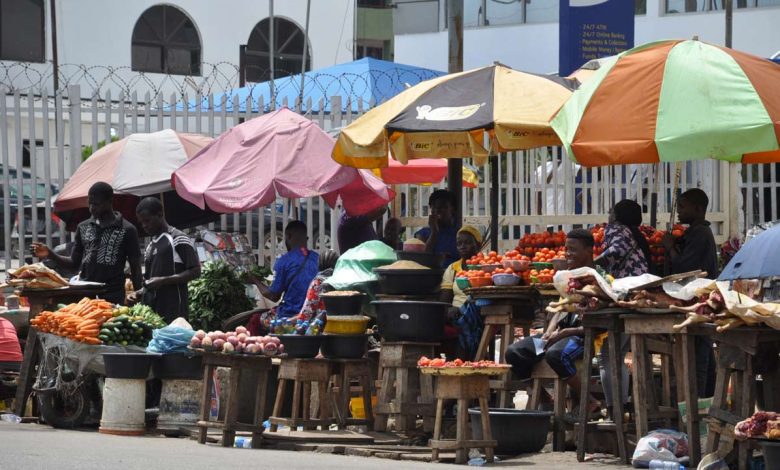
Food prices in Nigeria have experienced a significant surge in recent months, with food inflation now at 33.98%.
The sharp increase, ranging between 70% and 80% in the last six months, is causing distress among citizens, especially those with low disposable income.
Some examples include the price of a bag of foreign rice, which has risen from N45,000 to N73,000, and local rice now selling at N63,000 from N40,000.
Other items such as eggs, yams, beans, pasta, groundnut oil, beverages, and more have also seen substantial price hikes, Leadership reports.
As a result, many Nigerians are finding it challenging to afford basic food items, leading to rationing and cutting down on essentials.
The inflationary pressures are attributed to various factors, including insecurity, forex volatility, transportation and production logistics issues, infrastructure breakdown, epileptic power supply, and a tough business operating environment.
Bottled water and beverage prices have also increased, compounding the challenges faced by consumers.
The situation has prompted concerns about the affordability of food and staple products, with citizens expressing worries about the rapid increase in the cost of living.
The report suggests that the primary drivers of the price increase are inflation, insecurity, forex volatility, transportation challenges, infrastructure breakdown, and a difficult business operating environment.
Market observers point out that the inflation rate reported by the National Bureau of Statistics (NBS) might be lower than the actual figure.
The December figures released by the NBS indicated an inflation rate of 28.92%, with food inflation accounting for 33.98% of the basket.
Analysts anticipate further inflation due to increasing food prices, insecurity, and a weakening currency.
Despite the challenging economic conditions, the Central Bank of Nigeria (CBN) governor expresses optimism, targeting a reduction in inflation to around 21% through measures like price stability and effective monetary policy.
In response to the escalating situation, the Food, Beverage, and Tobacco Senior Staff Association (FOBTOB) has called on President Bola Ahmed Tinubu to address the foreign exchange crisis and prevent the imminent collapse of the food and beverage sector.
FOBTOB also warned against the threat to food security caused by attacks on farmers by herdsmen across the country.
